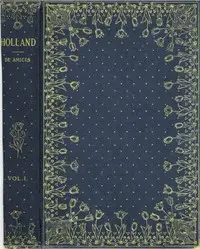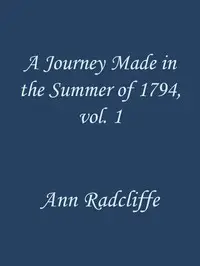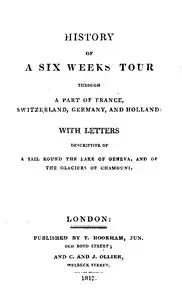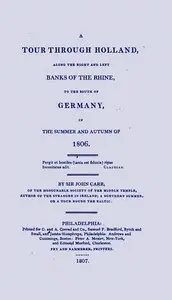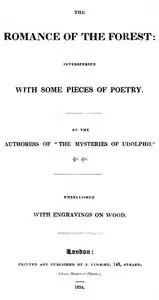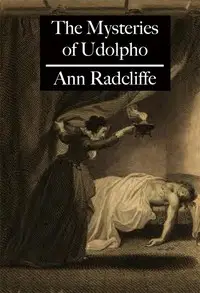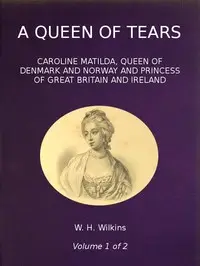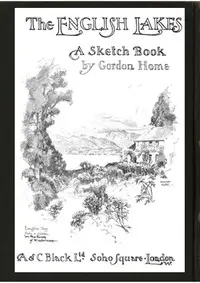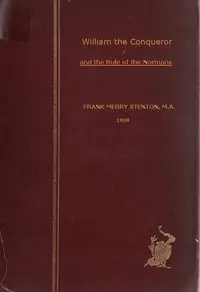"A Journey Made in the Summer of 1794, through Holland and the Western Frontier of Germany" by Ann Radcliffe is a travel adventure that transports readers to late 18th-century Europe, amidst the raging French Revolutionary Wars, where the narrator and their associates grapple with miscommunication with an Austrian officer in the historic city of Friburg as they navigate the landscapes, peoples, and social situations of the regions they visit, and also documenting the beauty they find along the way. The vivid descriptions capture the essence of places they visit, as well as their observations on the architecture, traditions, and atmosphere of the people in towns affected by conflict. The narrator's longing for Switzerland underscores the contrast between idealistic expectations and the challenging truths of European travel during this time, promising a thoughtful and daring exploration of a continent in turmoil.
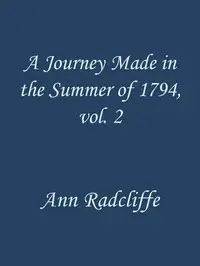
A Journey Made in the Summer of 1794, through Holland and the Western Frontier of Germany, with a Return Down the Rhine, Vol. 2 (of 2) To Which Are Added Observations during a Tour to the Lakes of Lancashire, Westmoreland, and Cumberland; Second Edition
By Ann Ward Radcliffe
Amidst war and bureaucratic hurdles, a group traveling through Europe encounters historical cities, diverse cultures, and stunning landscapes, all while longing for a more peaceful destination.
Summary
About the AuthorAnn Radcliffe was an English novelist, a pioneer of Gothic fiction, and a minor poet. Her technique of explaining apparently supernatural elements in her novels has been credited with gaining respectability for Gothic fiction in the 1790s. Radcliffe was the most popular writer of her day and almost universally admired; contemporary critics called her the "mighty enchantress" and the Shakespeare of romance-writers, and her popularity continued through the 19th century. Interest in Radcliffe and her work has revived in the early 21st century, with the publication of three biographies.
Ann Radcliffe was an English novelist, a pioneer of Gothic fiction, and a minor poet. Her technique of explaining apparently supernatural elements in her novels has been credited with gaining respectability for Gothic fiction in the 1790s. Radcliffe was the most popular writer of her day and almost universally admired; contemporary critics called her the "mighty enchantress" and the Shakespeare of romance-writers, and her popularity continued through the 19th century. Interest in Radcliffe and her work has revived in the early 21st century, with the publication of three biographies.

